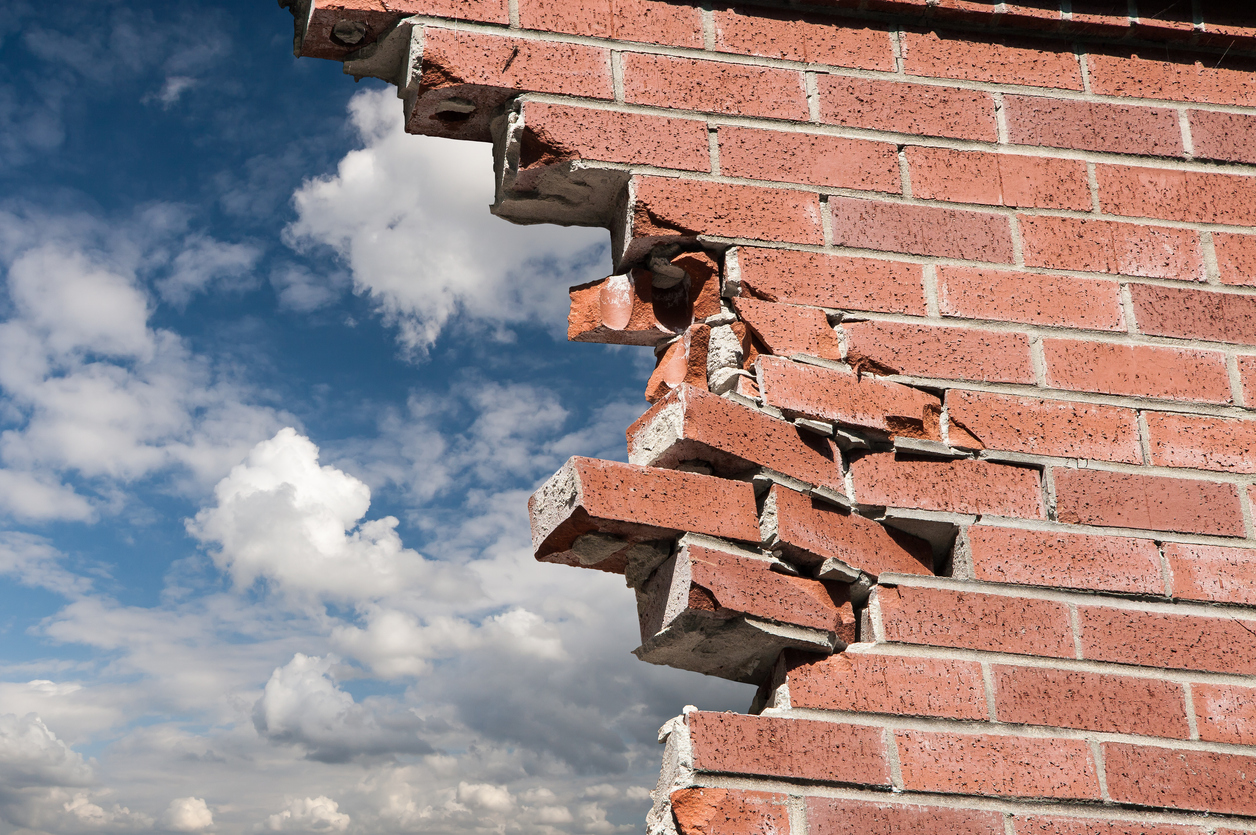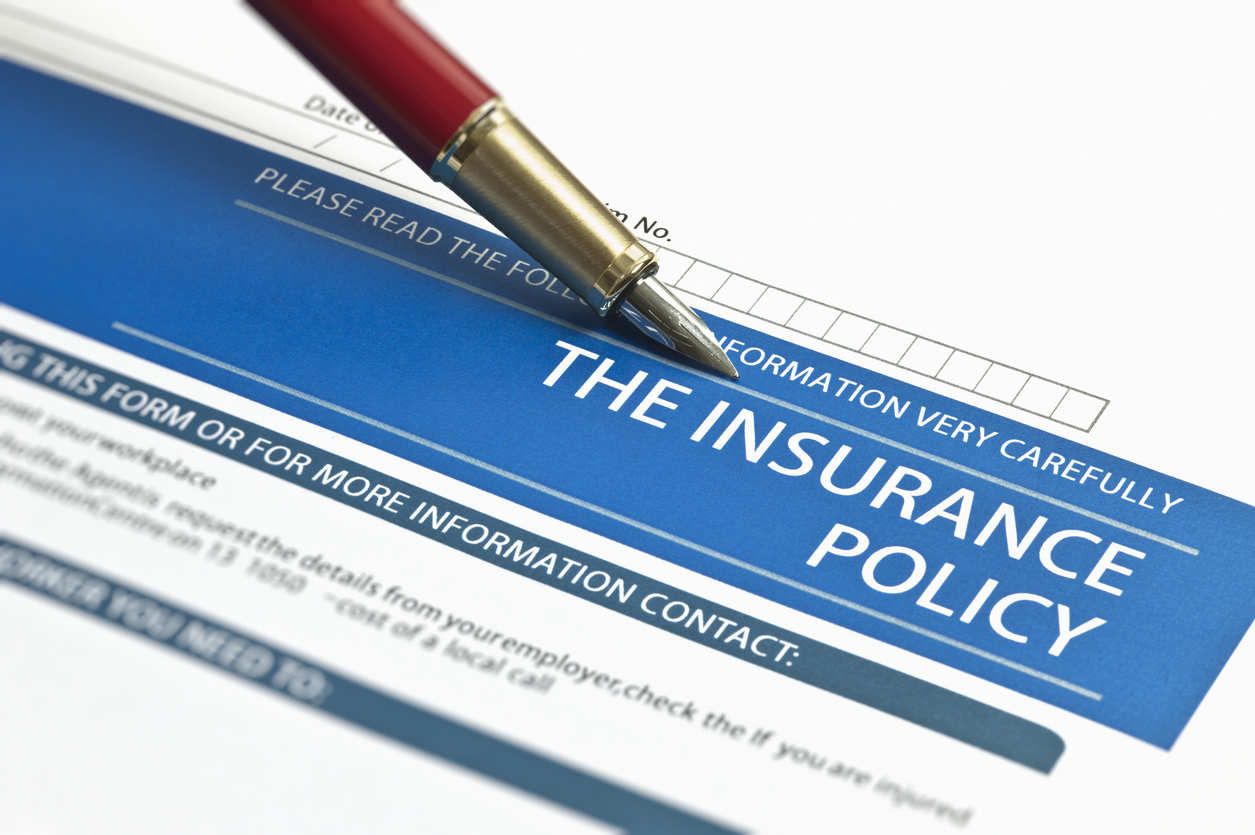One of the most important aspects of property insurance claim work is to hire experts when specialized knowledge is required. How do you make certain you are hiring the right expert? Is the person truly an expert? Is there something in the expert’s background that is going to hurt the claim or case?
A problem can arise from simply reading the expert’s website or even reading the expert’s curriculum vitae. Experts may write very self-serving opinions about themselves and not disclose anything of a negative nature about themselves. They may have experience in one area of specialization but not another.
I was thinking about this while reading a recent pending motion to exclude an expert witness: 1
Ace has disclosed Kevin Hromas (‘Hromas’)—an individual with absolutely no
experience handling third-party liability claims like the claim at issue—as an expert to offer opinions regarding the appropriateness of Ace’s claims-handling conduct in the underlying claim. Hromas was retained on December 13, two days before the expert disclosure deadline, after having previously worked on another case with Ace’s counsel. He claims to have spent 30 hours during this two-day period reviewing all of the materials in this case in order to be able to provide neutral opinions and impartial opinions about this case. Hromas’ Rule 26 report totals four pages, of which only two pages contain his ‘neutral’ opinions. Rule 26(a)(2)(B)(i-ii) requires that an expert’s report contain ‘a complete statement of all opinions the witness will express and the basis and reasons for them [and] the facts or data considered by the witness in forming them.’ Hromas does not cite to a single piece of admissible evidence that supports any of his opinions, and, in fact, he specifically declines to do so….While Hromas has no experience managing the defense of a third-party liability claim, he does have extensive experience with being excluded altogether and having his testimony limited. He cannot even keep count of how many times he has been excluded or limited. In fact, just months ago, Hromas was disqualified from acting as an appraiser in a case by a Court in Texas because the Judge specifically found that Hromas was ‘biased’ against the claimant and had an ‘unfair and bad faith approach to the appraisal.’ As with his prior cases, Hromas’ testimony is due to be excluded in this case.
….
Hromas has a law degree but has never been an attorney. He has never been employed by an insurance company to work on adjusting, processing, or handling third-party liability insurance claims in any capacity—not as an adjuster, manager, or litigation supervisor. Virtually all of Hromas’ experience involves appraisal work/valuation of property damage claims. Hromas has never worked on an appraisal process in Alabama or on an appraisal process proceeding under an Alabama policy.
…
He has never worked for an insurer as in-house counsel. He has never published any materials or given presentations on third party claims. He is not a chartered property casualty underwriter. He lists being ‘currently enrolled’ in a program for associate in claims and commercial lines specialist on his CV, even though he last took a few correspondence courses for this certification back almost 20 years ago and that certification has to be completed within 5 years of enrollment.
I have noted the importance of experts in Insurance Coverage Cases Can Be Won or Lost Based on Expert Witnesses and The Preparation of Their Reports and Testimony:
Still, the point of this blog post is that experts and the quality of their work, reports, and testimony matter a lot. Courts throughout the country have stiffened the requirements of expert opinion testimony. This trend has made our firm spend a lot more time to make experts work harder at their expertise so that they can present evidence to judges and juries. It has also led to an increase in the expense and uncertainty of litigation.
Shaun Marker noted that experts are crucial to proving the cause of damage in The Importance of Expert Witnesses to Support Damages In Insurance Claim Investigations:
Depending on the nature of the loss and damages to property involved in insurance claims, the damage investigation can be expert intensive. Engineers or other structural experts can play a necessary and vital role in proving the cause of some types of damage. Having a qualified expert to give an opinion as to cause and origin of damages in certain claims is a corner that cannot be shortcut on behalf of the policyholder to achieve the recovery they are entitled to. The insurance industry certainly does not cut that corner as a recent case demonstrates.
The lesson is to carefully evaluate an expert’s qualifications, experience, and background by questioning the credentials of the expert. Some experts will lose credibility because they have been stricken as experts in prior cases. Some may exaggerate or be misleading with information on their websites or written credentials. The only way to prevent a poor selection of an expert is to spend time questioning the expert about these issues.
Thought For The Day
I’d rather interview 50 people and not hire anyone than hire the wrong person.
—Jeff Bezos
1 Gaudet & Co., Inc. v. Ace Fire Underwriters Ins. Co., Case No. 1:21-cv-00372 (S.D. Fla. [Doc. 185 Motion to Exclude, filed Mar. 27, 2024]).




